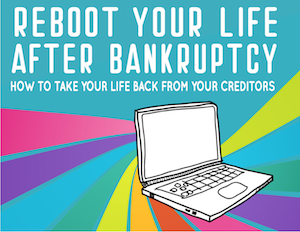 Elon bought $1.5 billion of Bitcoin. I own Bitcoin. This makes me happy.
Elon bought $1.5 billion of Bitcoin. I own Bitcoin. This makes me happy.
What else makes me happy is a private student loan settlement offer we received on one of our adversary cases this morning. Our client will only have to pay back $22,000 rather than the whopping $300,000 she currently owes. That’s 7% by the way. Whooo hoo! Very reasonable and very affordable payments as well. We understand the student debt crisis out there and are doing our part in helping our clients with student loans to deal — and to get out of debt!!
While I acknowledge everyone should repay their debt, the problem with much of the student loan debt out there is the lack of benefit received, and in many cases the predatory nature of the schools and many of these loans. This settlement was for a private debt — not government. If she had had federal student loans, there would have been income driven debt forgiveness programs to at least address the lack of income her education has provided. Return on investment – that’s the true test of what a college student should borrow. If no return, then bet on Bitcoin. You’d be better off.
 Reboot Your Life: Tampa Student Loan and Bankruptcy Attorney Blog
Reboot Your Life: Tampa Student Loan and Bankruptcy Attorney Blog



